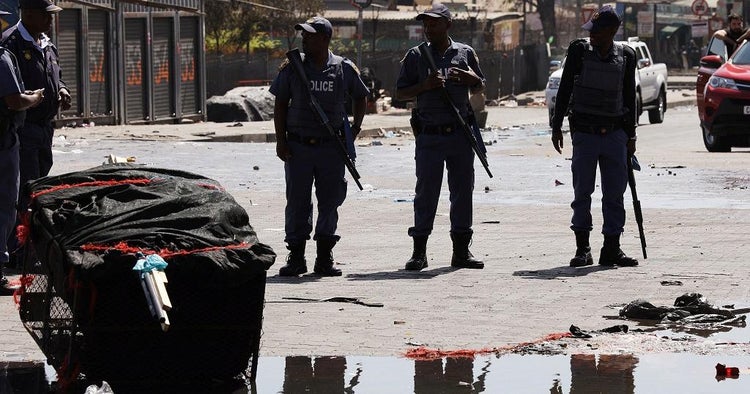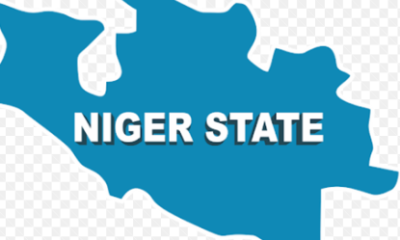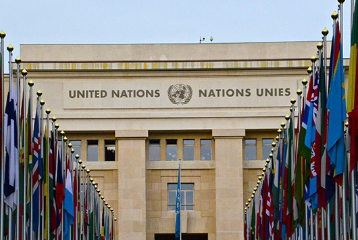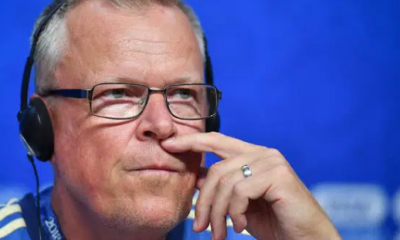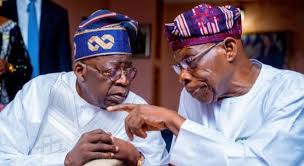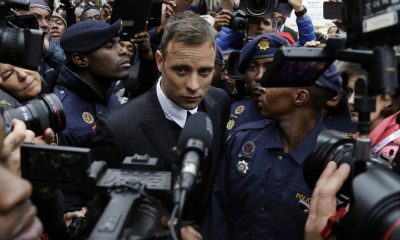Foreign nationals, particularly undocumented immigrants, have become scapegoats for crime in South Africa’s major urban cities with both politicians and police pointing fingers at them.
The country for sure has a serious crime problem with over 21,000 people killed in the year that ended on March 2019. Besides murder rates, sexual offenses, assault, and robberies have all been rising amidst growing concern about violence against women.
The latest wave of xenophobic attacks in South Africa against emigrants from African countries, especially Nigerians is undergirded by the belief that they are to blame for South Africa’s social and economic woes.
And while a significant number of the population hold anti-immigrant views, data shows the country faces bigger challenges than hosting foreign nationals.
South African politicians have consistently complained about the influx of foreign citizens, with some claiming they were burdening sectors including the national healthcare system. Yet data from the government agency Statistics South Africa showed there were 2.1 million international migrants in South Africa out of a population of 51.7 million in 2011. (Population figures have since jumped to 55.7 million)
The government has also cracked down on migrants coming into the country, potentially reducing their numbers over the years. For instance, between January 2012 and December 2016, the Department of Home Affairs deported close to 370,000 people majority of them from neighboring Zimbabwe, Mozambique, and Lesotho.
Following a sharp shrink in the first quarter of 2019, South Africa’s economy dodged a recession after growing by 3.1% in the second quarter. Despite the rebound, it’s hardly time to pop the champagne.
As Africa’s second-biggest economy, the country boasts good infrastructure, well-developed financial systems, and strong mining and manufacturing industries. Yet growth has been undermined by structural impediments including corruption, weak investment levels, and shortage of high-end skills.
Some economists also expect the economy to slow in the third quarter, even as President Cyril Ramaphosa faces mounting pressure to reverse the state of the ailing economy and improve competitiveness.
Many locals blame immigrants for taking their jobs and driving unemployment levels. Yet joblessness is so pervasive across South Africa that president Ramaphosa recently called it a “deep and serious crisis.”
As of July 2019, national unemployment rates stood at 29% impacting an estimated 6.7 million people. Some 56.4% of 15-24 year-olds and 35.6% of the 25-34 year-olds remain jobless with 71% of those in unemployment spending a period of a year or longer looking for work.
Poor education levels and weak labor policies have been blamed for the low growth in jobs, while some have pointed to the need to upskill workers in the face of growing technological innovation. Critical to note here is that while South Africans have access to social safety nets and basic services, most foreigners have to fend for themselves without any support.
Despite that, experts have noted that it isn’t possible to conclude foreigners commit most of these violent crimes because the police don’t publicly release data on the nationalities of those they arrest and in many cases have no idea who the perpetrators are.

 Health6 days ago
Health6 days ago
 Entertainment1 week ago
Entertainment1 week ago
 Crime6 days ago
Crime6 days ago
 Education1 week ago
Education1 week ago
 Health1 week ago
Health1 week ago
 Comments and Issues7 days ago
Comments and Issues7 days ago
 Football1 week ago
Football1 week ago
 Latest7 days ago
Latest7 days ago
